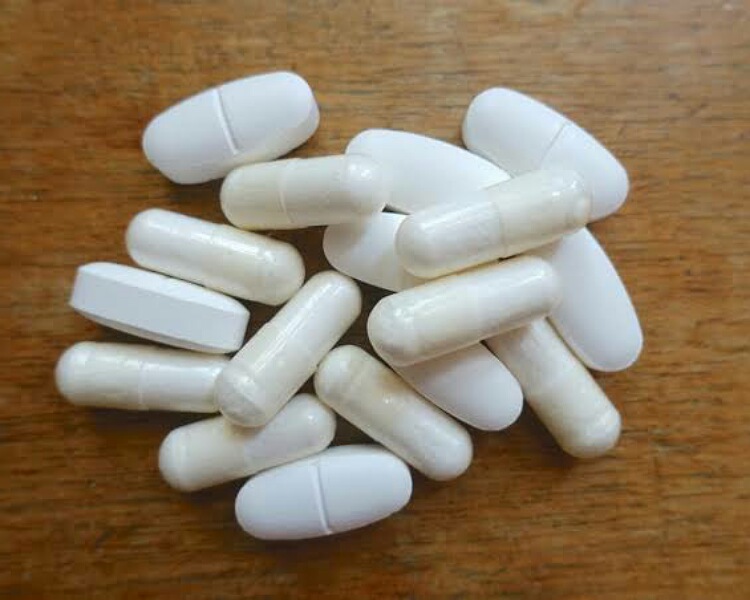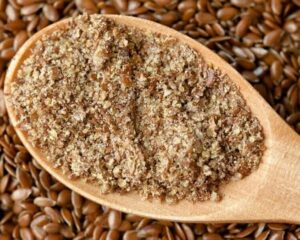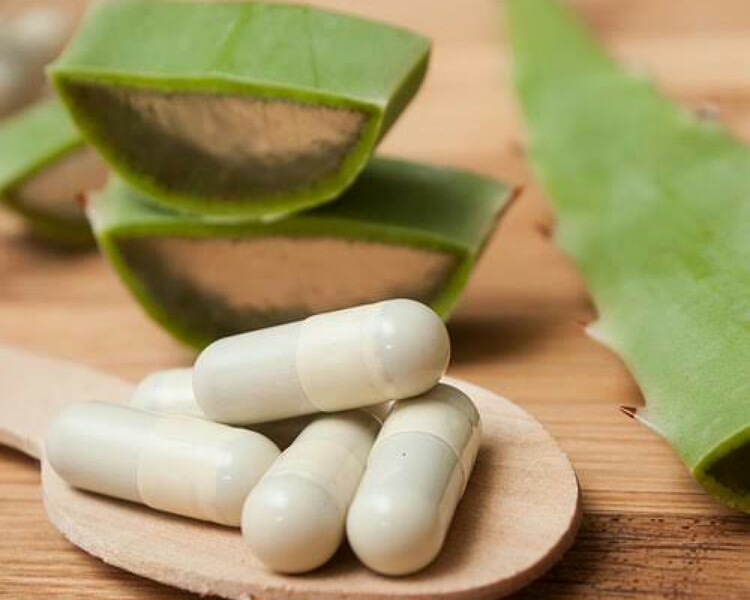Daily bowel movements are essential to have a healthy gut and for proper health. Any irregularities could be upsetting and troublesome. Foods determine the frequency and softness of stools. One can also take certain supplements to hasten the process. Which are these supplements that find use in relief of constipation?
Daily bowel movements and food
Regular and daily bowel movements are vital. Otherwise, you could have tummy upset, heaviness, bloating, abdominal distension, lack of focus, weakness, discomfort, headaches etc.
Foods play a major role in giving a person regular bowel movements. The foods should be of high fiber and healthy fats. Moreover, there should be enough fluid intake. These will ensure that your bowels move everyday.
Supplements for bowel regularity
Magnesium
Magnesium salts can cause increased bowel activity. Dietitian Mary Sabat reveals that magnesium citrate is available at most drug stores. And it can relieve constipation. She explains:
“Magnesium citrate is a supplement that is often used to treat constipation, and it works by relaxing the muscles in the intestines, which can help to promote bowel movements,”

She adds:
“And, a study published in the Journal of Clinical Gastroenterology found that magnesium citrate was effective in relieving constipation symptoms in patients with irritable bowel syndrome.”
Fiber supplements
Fiber available in foods are excellent and best for giving bowel regularity. But when it falls short, one can opt for fiber supplements. Kara Landau, nutrition advisor at the Global Prebiotic Association states:
“Consuming a fiber supplement that offers a blend of insoluble and soluble fiber, and ideally some resistant starch too, will provide the trifecta of gut and digestive fuel to help both soften stools and help push the stool down the digestive tract so that it can pass with more ease,”
“Resistant starch is a non-digestive carbohydrate that acts similar to a fiber, and also feeds the good gut bacteria, aiding in supporting a healthy gut at the same time.”
Partially hydrolyzed guar gum
This is a lesser known fiber but it is good for constipation. Talking about this supplement that comes in powder form, nutritionist Kim Kulp says:
“This dietary fiber is a prebiotic, which means it feeds your good gut microbes, and they in turn provide health benefits,”
“It dissolves completely in water, making it easy to consume the 5-7 grams that can help with constipation.”
Ground flaxseeds

This gives extra fiber. One can mix it with coffee, tea, milk, yoghurt and smoothies. It is also added to baked products such as bread. Dietitian at MIDSS, Kelsey Costa states:
“Rich in dietary fiber, ground flaxseed can help bulk up stools and move food through the gastrointestinal tract more quickly, which can relieve constipation and help encourage regular bowel movements.”
She continues:
“A 2020 randomized control trial found that consuming ground flaxseed daily improved stool consistency and increased bowel movements.”
Probiotics supplements
Healthy gut implies good bowel motion. And probiotics can keep gut healthy. Mary explains:
“Probiotics are beneficial bacteria that are commonly found in the gut,”
“They can be taken as a supplement to help improve digestion and promote bowel movements. A study published in the World Journal of Gastroenterology found that probiotic supplementation improved bowel movements in patients with constipation-predominant irritable bowel syndrome.”
Aloe vera
Also, read The ancient wisdom of cheese leading to constipation: is it true?

This is good for skin. But it can be taken orally too. Gut health dietitian, Paulina Lee opines:
“Aloe vera has antioxidant properties that increase intestinal motility speed, which may improve constipation, and it is soothing on the gut and reduces gut inflammation and bloating,”
“It is traditionally used to treat digestive problems because of its anti-inflammatory, antimicrobial, and wound-healing properties, and an animal study showed improved intestinal motility, increased stool volume, and normalized body weight from aloe leaf extract intake.”
